This post is part of a virtual book tour organized by Goddess Fish Promotions. Claudia Riess will be awarding a $25 Amazon or Barnes and Noble GC to a randomly drawn winner via rafflecopter during the tour. Click on the tour banner to see the other stops on the tour.
Because of my background, for a good many years my idea of the art world was a romanticized one. It was not until later in life, after I’d written a couple of rom-com-like novels and murder mysteries, did I consider writing an art suspense novel. By then I’d learned a lot more about the art world: About how the price of art is virtually uncontrolled, dependent on the whims of collectors and dealers and the transient tastes and fads of the times. And on the seamier side: art ransomed, forged, used to launder money, stolen and sold on the black market. That the art world is, in fact, a world in which the most sublime of human instincts collide with its basest. What a great amalgam for fiction!
So I began to write my art mystery series. I’m a stickler for historic accuracy, so I take off from it, filling in the gaps with events that conform to its character, and therefore might have been. Then, in a butterfly-effect maneuver, I fast-forward to the present and drop a pair of resourceful lovers (I’m an incurable romantic) into the challenging set of circumstances that has evolved—multiple murders included—and see if the sleuthing duo can sort it out. For instance, in Knight Light, the third in the series, my inspiration came from two quotes. From the painter Marcel Duchamp: “Not all artists are chess players, but all chess players are artists.” And from World Chess Champion, Alexander Alekhine: “Chess for me is not a game, but an art.” Interesting! From there, I discovered that the two had actually been team-mates on the French chess team in the 1933 Chess Olympiad, and furthermore, that Alekhine’s death in 1946 has been considered a cold case to this day. My fiction took off from there, integrated with the facts.
Although To Kingdom Come, the fourth and most recent book in the series, is basically structured on the same criteria as the three books before it, it’s the first one inspired not by a subject I was at least moderately in the know about, but by one that I was essentially unfamiliar with, that is, the Benin Bronzes. I knew that they existed, yes. I had seen several of these amazing works on exhibit. But it was not until I by chance came across a news article about African agents in the fields of the arts and government pressing for their return, that I was minimally clued in. I wanted to learn more. Although not my only source, Dan Hicks’s The Brutish Museums: The Benin Bronzes, Colonial Violence and Cultural Restitution was the main one, and the line that most made my blood boil and led me to writing To Kingdom Come is this: “The sacking of Benin City in 1897 was an attack on human life, on culture, on belief, on art, and on sovereignty.”
It took a while to drum up the courage to begin writing the book. I took notes, made outlines, procrastinated. I was afraid of being accused of either exploiting or trivializing the subject, especially in these understandably sensitive times, when writers engaged in the intimacy of fiction are apt to be criticized for stepping outside their lanes—of race, religion, social status, cultural heritage.
I asked myself how I’d feel if the tables were turned, if a fiction writer for whom the Holocaust is not directly related to their history—part of who they are—were to create a story in which the Holocaust is a pivotal plot point. I answered that provided they’re mindful of the sensibilities of others, it’s fine—welcome, really.
Anyway, as fellow humans, aren’t our histories from a broader perspective integrated, the divisions of “otherness” blurred? In the end, I decided it’s possible to preserve the sanctity of a group’s heritage without it becoming sacrosanct. We buy travel guides, we visit foreign lands, we read history books and memoirs, and write fiction. Why else if not to reach beyond our own frontiers in the hope of understanding what to others is familiar ground?
Amateur sleuths, Erika Shawn-Wheatley, art magazine editor, and Harrison Wheatley, art history professor, attend a Zoom meeting of individuals from around the globe whose common goal is to expedite the return of African art looted during the colonial era. Olivia Chatham, a math instructor at London University, has just begun speaking about her recent find, a journal penned by her great-granduncle, Andrew Barrett, active member of the Royal Army Medical Service during England’s 1897 “punitive expedition” launched against the Kingdom of Benin.
Olivia is about to disclose what she hopes the sleuthing duo will bring to light, when the proceedings are disrupted by an unusual movement in one of the squares on the grid. Frozen disbelief erupts into a frenzy of calls for help as the group, including the victim, watch in horror the enactment of a murder videotaped in real time.
It will not be the only murder or act of brutality Erika and Harrison encounter in their two-pronged effort to hunt down the source of violence and unearth a cache of African treasures alluded to in Barrett’s journal.
Much of the action takes place in London, scene of the crimes and quest for redemption.
Enjoy an Excerpt
“Dammit!” A mild curse barely audible, but loud enough to light up the frame around Timothy Thorpe’s image. “Sorry mates, bulb blew.” The overhead, it must have been, since the weaker source of light behind his computer was still there, softening his features and maybe for a millisecond the audience’s attentiveness as well, so that when the black line appeared just above his shirt collar it took another blip in time for brains to sort it out and reject the idea of a shadow cast by his desk lamp. Which would explain the silence before the first scream, coming from somewhere in the Zoom’s mosaic, a woman’s scream—mine, Erika realized. Likewise, a delayed reaction from Tim himself, gazing wide-eyed at the screen as if someone out there was experiencing the horror, not he himself, that is, before the black cord tightened around his neck and the impossible truth contorted his features like a funhouse mirror.
And then the silence turned into the Tower of Babel, witnesses reverting to their native tongues, as gloved hands—surely visible from the start!—tugged on the cord and disappeared behind Tim’s neck to knot or entwine or do whatever was planned or improvised to cut off Tim’s air, while Tim clawed at his neck in an attempt to free himself, mouth open in a parody of Munch’s The Scream, except in Tim’s version it was a cry for help mimed to the restless viewers filling his computer screen, twinkling with their useless babble like Christmas lights.
“Où est-il—where is he?” Monsieur Robert Labeque cried, his red cheeks deepening to scarlet, his returning to the group’s common tongue a sign that rational interchange was being restored.
“The museum—his office at the British Museum!” Ike yelled back, as if calling from across a football field. “He said they’re preparing an exhibit, staying late—I’ve got their unlisted number—seeing if I can rouse the damn security guards!” All the while fumbling with his cell phone. “They must seal off the exits. Museum doesn’t close for another half hour!”
“Bastard, we see you!” Harrison shouted at the nondescript torso, mostly hidden by Tim’s body, rigid against the chair-back while his hands flailed like a mad conductor’s. How many seconds had passed—ten, fifteen? A lifetime.
“Someone over there call 9-1-1—Olivia?”
“I’ve already put in the call—it’s 9-9-9 over here,” Olivia advised, her calmness, real or staged, a reminder that order was possible.
“I’m activating the recording option!” Ike bellowed. Shifting focus to his unresponsive phone, he shouted, “Hello? Hello?”
Harrison tapped on Thorpe’s name and spotlighted his square. Instantly it filled the screen. He dove for his cell phone. “Erika, take photos!”
His words sounded harsh, except she was thinking the same thing, already digging her cell phone out of her jeans pocket. “You video, I’ll take stills—oh God!” Outwardly, Tim had stopped struggling. But what was happening within? Her empathy was suddenly gripped by a primal curiosity, as if only by understanding Tim’s encounter with death could she prepare for her own.
“Go!” Harrison prompted.
The command cut off her connection to Tim like a dropped call, and she aimed her cell’s lens at his motionless figure in the more useful role as witness to a crime. As she prepared for the second shot, she realized that others were following Harrison’s and her lead.
On screen the assailant’s gloved finger pressed against Tim’s neck, feeling for a pulse. Apparently satisfied, he or she swiftly removed the cord from around the victim’s neck and made adjustments to the distribution of weight so that the body would not slump forward. Mission accomplished, the individual glided out of Tim’s camera range, leaving Tim, in jacket and neatly knotted tie, to stare blankly into space with only an angry red bruise above his shirt collar to suggest what had just happened to him.
About the Author: Claudia Riess is an award-winning author of seven novels, four of which form her art history mystery series published by Level Best Books. She has worked in the editorial departments of The New Yorker and Holt, Rinehart and Winston, and has edited several art history monographs. Stolen Light, the first book in her series, was chosen by Vassar’s Latin American history professor for distribution to the college’s people-to-people trips to Cuba. To Kingdom Come, the fourth and most recent, will be added to the syllabus of a survey course on West and Central African Art at a prominent Midwest university. Claudia has written a number of articles for Mystery Readers Journal, Women’s National Book Association, and Mystery Scene magazine. At present, she’s consulting with her protagonists about a questionable plot twist in Chapter 9 of the duo’s murder investigation unfolding in book 5; working title: Dreaming of Monet, scheduled for release winter 2024.
Claudia Riess is an award-winning author of seven novels, four of which form her art history mystery series published by Level Best Books. She has worked in the editorial departments of The New Yorker and Holt, Rinehart and Winston, and has edited several art history monographs. Stolen Light, the first book in her series, was chosen by Vassar’s Latin American history professor for distribution to the college’s people-to-people trips to Cuba. To Kingdom Come, the fourth and most recent, will be added to the syllabus of a survey course on West and Central African Art at a prominent Midwest university. Claudia has written a number of articles for Mystery Readers Journal, Women’s National Book Association, and Mystery Scene magazine. At present, she’s consulting with her protagonists about a questionable plot twist in Chapter 9 of the duo’s murder investigation unfolding in book 5; working title: Dreaming of Monet, scheduled for release winter 2024.
All four books in the art history mystery series are available through Amazon.com, BarnesandNoble.com, IndieBound.org and at independent book stores. For bulk discount purchases, contact https://levelbestbooks.wordpress.com.
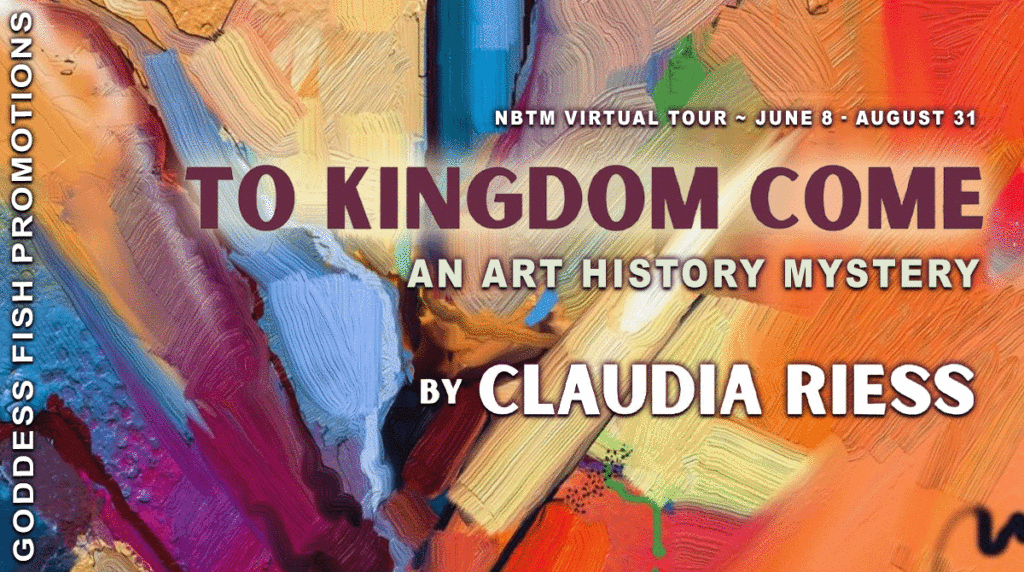

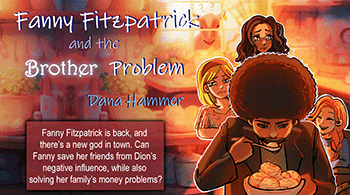
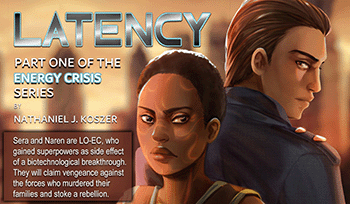
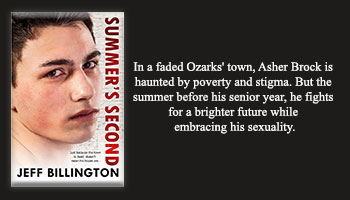
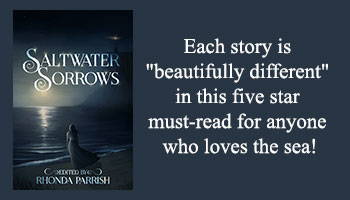



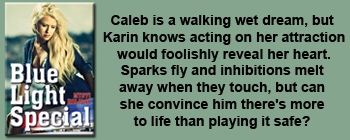



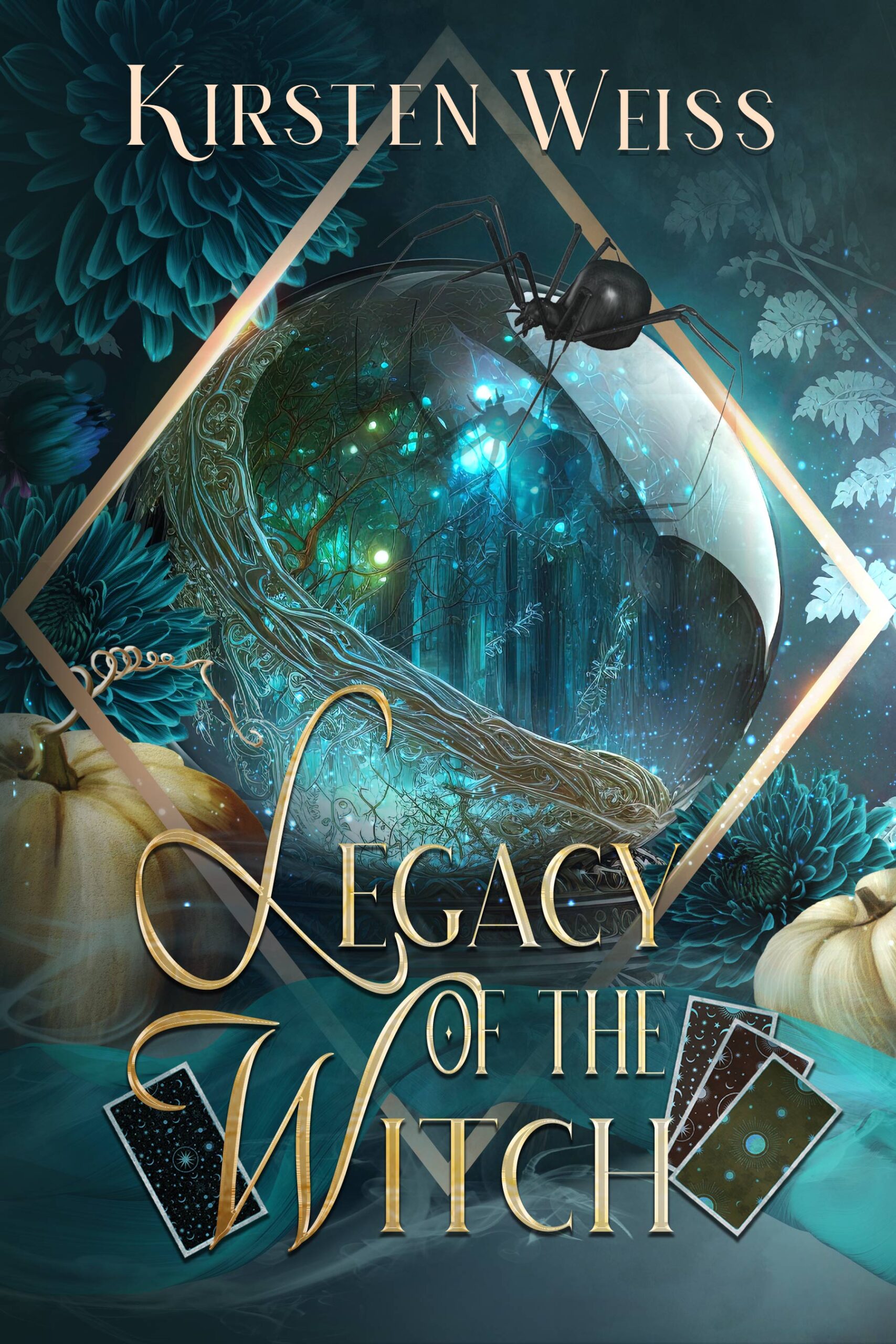
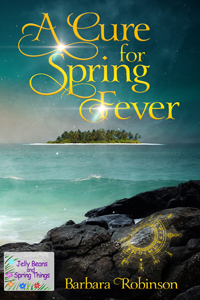
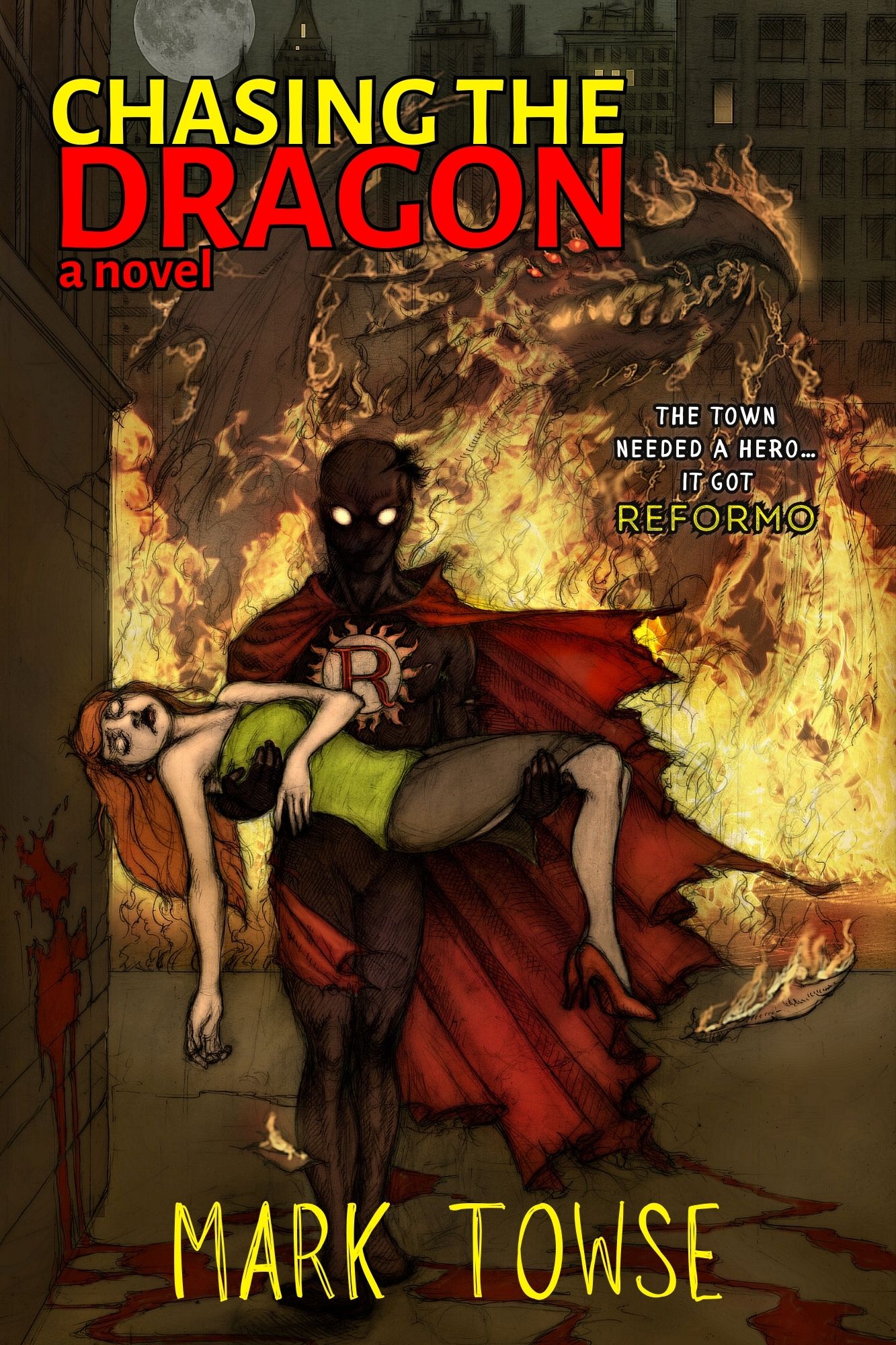
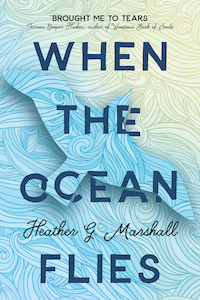


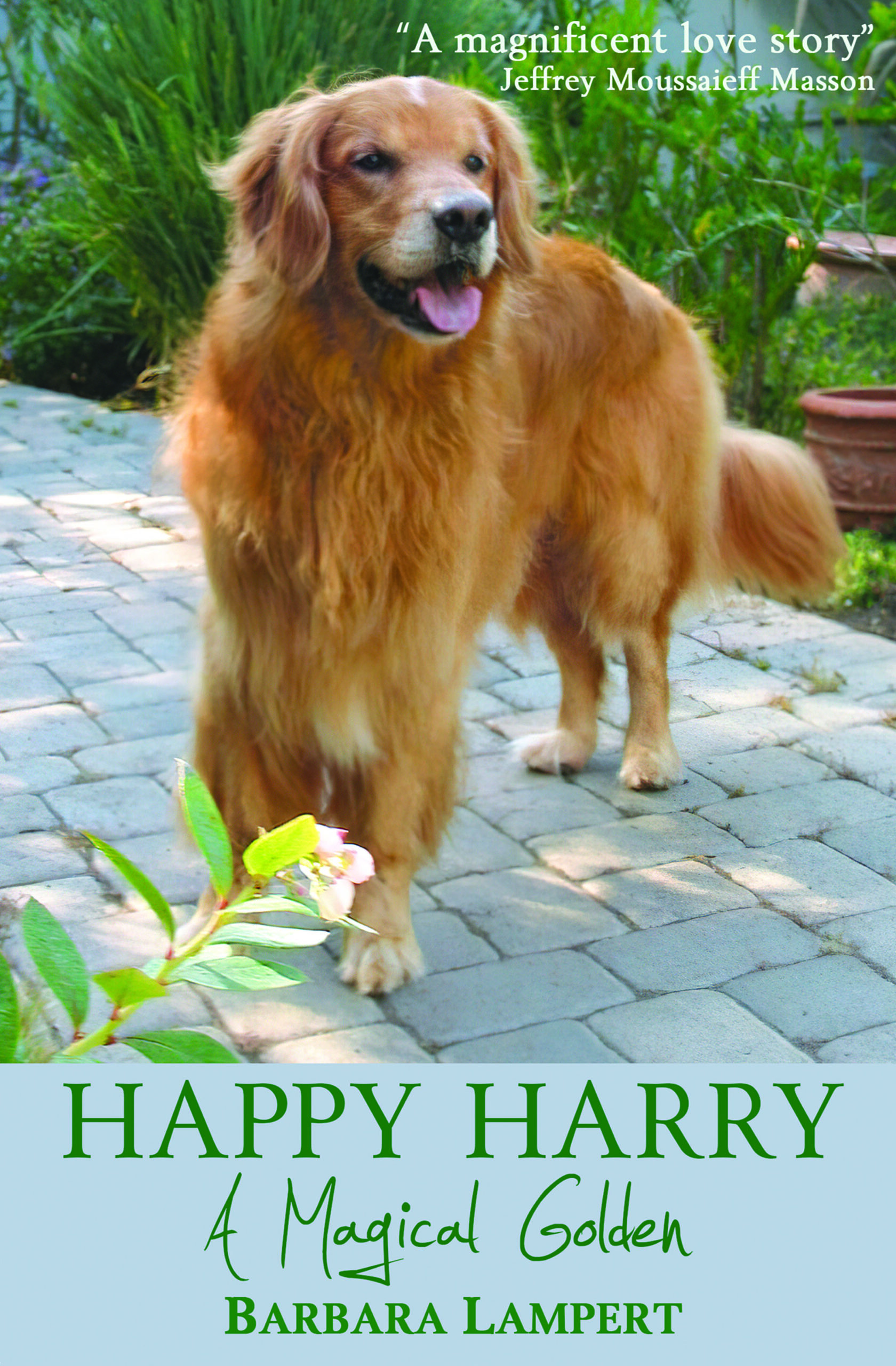



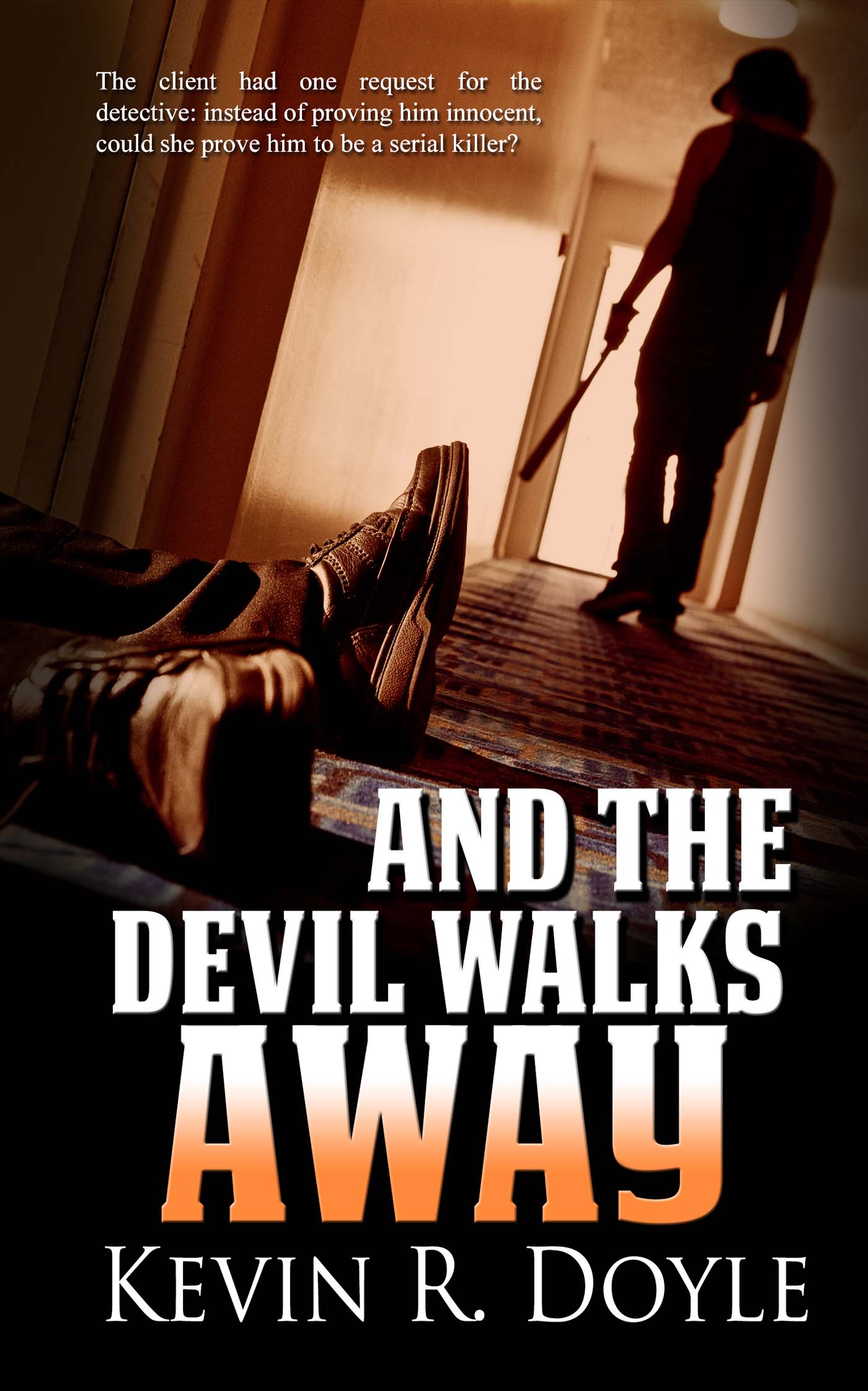

Thanks for hosting!
Thank you for featuring my book on your blog. Truly appreciated!
I enjoyed your post today.
Thanks so much, Kim!
Looking forward to going on Olivia’s adventure!
Claudia, good luck with the tour. I’m looking forward to learning more about your books.